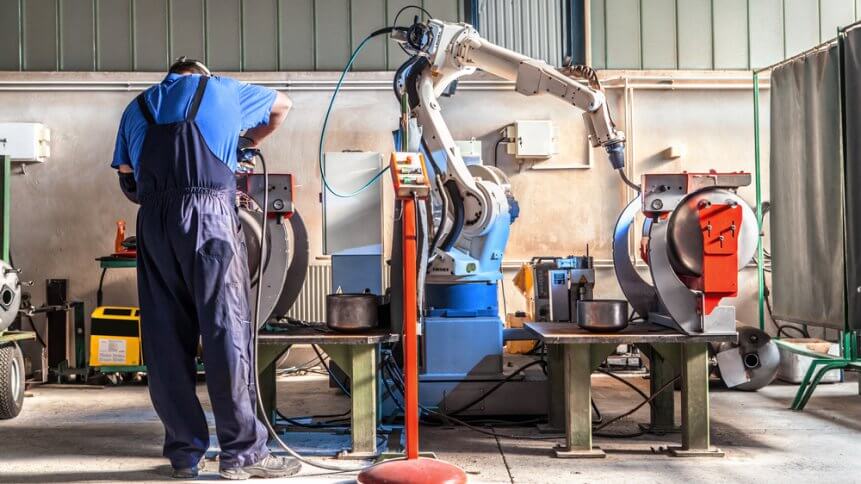5 technologies UK SMEs are ready to bet on

We naturally associate ‘future’ technologies like AI and blockchain with the globe-straddlers of the business world. But, thanks to a swelling number of entrants into these swiftly-developing areas, the technology is accessible to the lion’s share of organizations today.
In the UK, small and medium-sized enterprises (SMEs) make up 99.9 percent of the business population – some 5.9 million businesses in total – and, as such, comprise the serious clout of the country’s economy.
As a combined force, SMEs pushing the boundaries in business technology. Under pressure to execute digital transformation strategies or take the backfoot against competitors in their sector, staying abreast of the latest tech is key to their success.
With than in mind, OGL’s The State of Technology at UK SMEs report listed the top five technologies SMEs from a diverse range of sectors are set on exploring in the year ahead.
5G
Close to 60 percent of SMEs in the UK are planning to adopt 5G networks and services to stay ahead of competitors and maximize the impact of the next-gen wireless network.
A study suggests unreliable internet connections and technology issues are causing small businesses to lose two and a half working weeks of productivity in a year. Since SMEs are reliant on strong internet connectivity to boost performance, 5G will be a major game-changer in this sense.
For SMEs, maximum gain with minimal investment is the best possible scenario; hence 55 percent are planning to adopt robotics to achieve just that.
Robotics
Full-scale robots can be costly and complex to install, so a smaller, cheaper, easier alternative like collaborative robots (cobots) is set to benefit SMEs looking to gear up. The tech promises sheer precision, cost-effectiveness, and competitiveness that SMEs aim for.
Besides that, employees are working hand in hand with cobots will increase productivity, open up new opportunities, and improve work safety.
Robotic Process Automation (RPA) is one of the fastest-growing segments of the global enterprise software market with the global spent on RPA is expected to reach up to US$3.11 billion by 2025.
It is no surprise that 39 percent of SMEs are planning to adopt RPA to automate menial tasks and reduce operational costs. The rise of RPA-a-a-Service is only ramping up adoption.
YOU MIGHT LIKE

Where are SMEs spending their tech budgets?
AI
AI is predicted to boost the UK GDP to increase by 10 percent in 2030 – an additional US$302 billion in value. Discarding its reputation as merely a buzzword, 39 percent of SMEs view the advanced technology in a favorable light.
Early adopters and innovative organizations are cutting operational expenditure and delivering top tier customer services with AI-powered applications. One such example is small organizations can leverage sophisticated chatbots to manage a large customer base. For SMEs lacking the power and funds to recruit a team of customer service representatives, investment in AI technology could yield higher returns.
Blockchain
An emerging technology that has caught the eyes of retailers is blockchain. The digital ledger technology (DLT) stamped its mark in the finance sector, but other industries are recognizing the potential it brings.
That is the case for 37 percent of small businesses that are investing in the technology’s slew of benefits—transparency, traceability, speed, and security. The natural properties of blockchain lower the risks of identity fraud and data breaches, reducing the chances of unexpected costs and compensation for SMEs.
The drive behind small businesses’ plans to adopt these emerging technology is to stand out in a market of large, tech-savvy firms. For SMEs, technology provides an open-ended solution to fix and mitigate various challenges.









